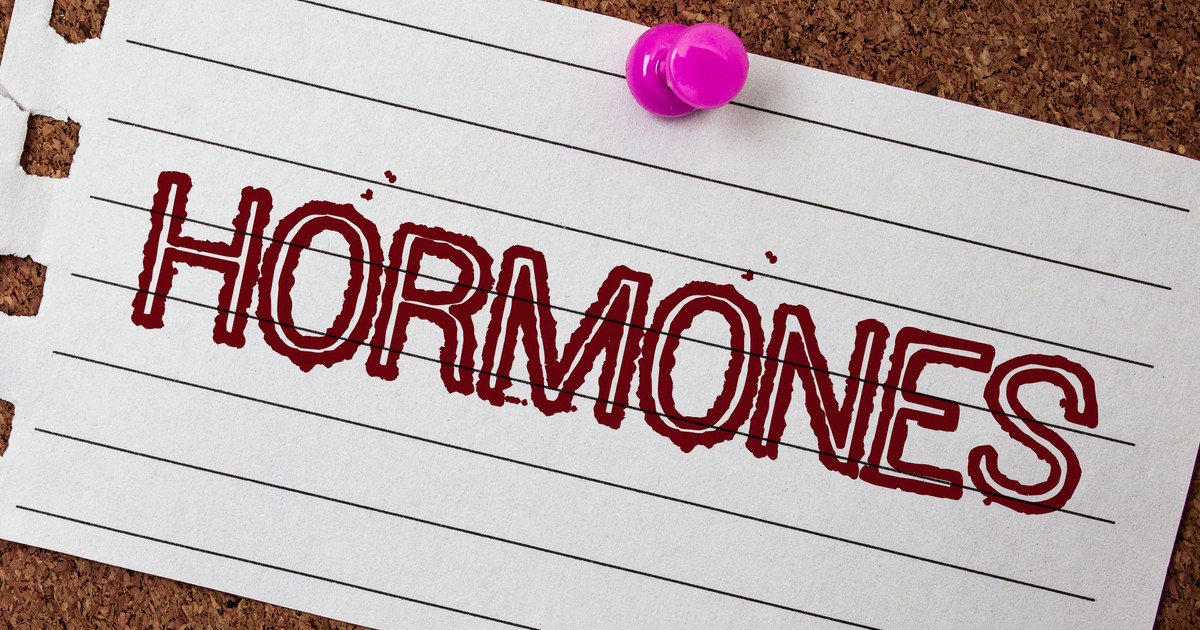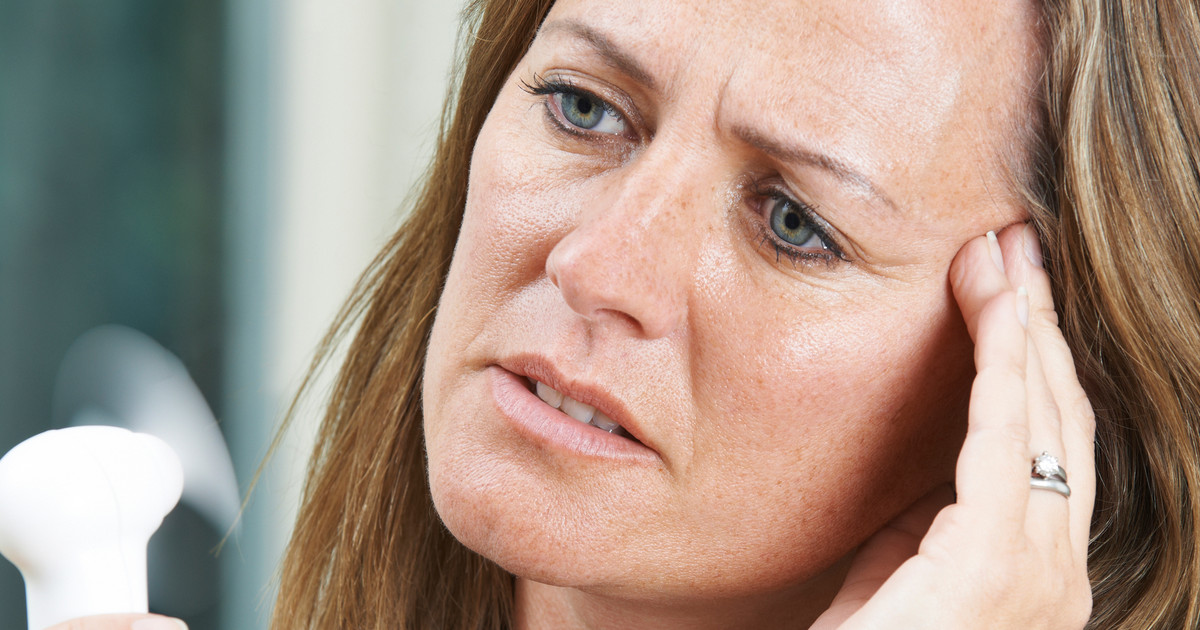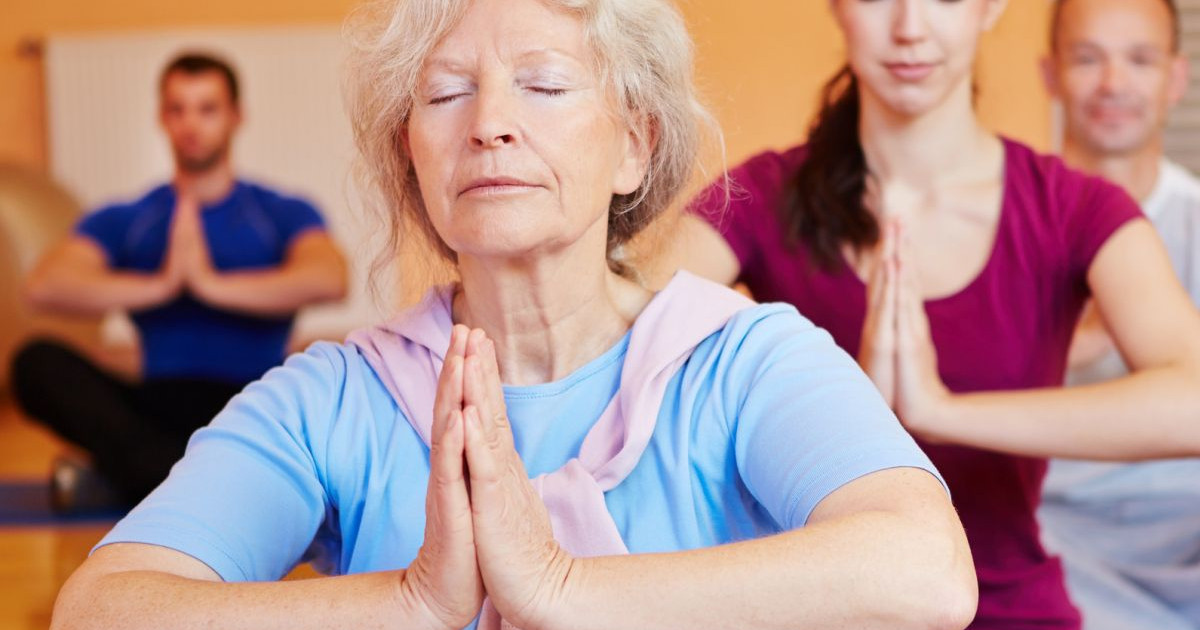Tips For Managing Menopause
Menopause describes when a woman is no longer capable of becoming pregnant naturally and has not gone through the process of menstruation for twelve consecutive months. Menopause is considered a major transition in a woman's life. The average age of the onset of menopause in developed countries like the United States is between forty and fifty-eight years old. While some women feel menopause is liberating, hormonal changes and several other factors can cause it to be uncomfortable. Women going through menopause can experience symptoms like night sweats, reduced sex drive, hot flashes, anxiety, mood changes, and vaginal dryness. Some women experience these symptoms before the time when their menstruation ends or perimenopause.
Fortunately, there are many things an individual can do to help manage the symptoms of menopause. Learn about them now.
Hormone Therapy

Hormone therapy is a therapy where an affected individual is given a form of supplemental estrogen and synthetic progesterone. There are numerous different ways hormone therapy can be administered, including a transdermal skin patch, pills, topical creams, topical gels, and injections. There are several benefits hormone therapy provides to women dealing with symptoms of menopause. Hormone therapy is known to help ease hot flashes, vaginal dryness, irritability, night sweats, poor sleep, and brain fog. Hormone therapy helps mediate the effects of thinning tissue and dryness in the vagina, which may include pain during intercourse. Hormone therapy is also helpful in women who have a menopause-related overactive bladder and urinary tract infections. Hormone therapy in women going through menopause can help with the prevention of bone weakness and fractures. The use of hormone therapy in an individual going through menopause can lower the risk of developing diabetes and heart disease.
Get more details on managing menopause now.
Avoid Triggers For Hot Flashes

An individual who is having difficulty with hot flashes can try to avoid things known to trigger their onset. A hot flash is the sensation of intense heat that is not the result of environmental factors. Symptoms of a hot flash include tingling in the fingers, fast heartbeat, sudden warmth to the skin, redness in the face, and sweating in the upper body. Some hot flashes pass quickly and only last for a few seconds, while others may last for over ten minutes. The exact mechanism of how hormonal changes during menopause causes hot flashes is not known, but they occur most often in menopausal women who are obese and or affected by metabolic syndrome. Triggers of hot flashes can vary among different individuals. Some hot flashes are triggered by the consumption of caffeine, spicy foods, and alcohol. Some hot flashes are triggered by wearing tight clothing, exposure to smoke, being in a hot environment, bending over, and feeling anxious or stressed.
Continue reading to learn more about how to treat the symptoms of menopause now.
Eat A Balanced Diet

A woman who consumes a well-balanced diet when she is going through menopause may have fewer unpleasant symptoms than one who does not. Women going through menopause can ensure they are getting the nutrients their body needs by consuming enough calcium and iron. Broccoli, dairy products, legumes, canned salmon, and sardines are foods rich in calcium. Lean red meat, fish, leafy green vegetables, enriched grain products, poultry, eggs, and nuts are all rich in iron. Women going through menopause must consume enough fiber to avoid problems with their digestive tract. Cutting down on the size of the portions of food can help them obtain and maintain a healthy body weight and have fewer symptoms like hot flashes and night sweats. Because there is a close association between menopause and osteoporosis, consumption of a diet that has enough vitamin D along with abundant sources of calcium is important for women to maintain their bone health.
Discover more options for managing menopause now.
Pelvic Exercises

Unfortunately, some of the effects of menopause, such as weakened pelvic floor muscles and the thinning of the urethra, can make urinary incontinence much more likely. The loss of pelvic muscle tone due to menopause can also increase a woman’s risk of pelvic organ prolapse, a condition in which an organ in the pelvic region drops from where it is normally and presses on the vaginal wall. Organs this condition affects include the bladder, uterus, small bowel, and vagina. Pelvic muscle exercises are quite simple and will work wonders in helping reduce urinary incontinence due to menopause. The best position for these exercises is lying down with bent knees, but they can also be done standing or sitting.
To perform pelvic muscle exercises, simply squeeze the pelvic muscles, hold it for five to ten seconds, and then release the muscles and rest for three seconds. This should be repeated ten times roughly three times each day for the best effects. Those who are unsure about if they are squeezing the right muscles can try squeezing their muscles and stopping their urine midstream as a result. If they are successful, they are squeezing the right muscles. This exercise, however, should not be regularly performed in this way; doing this is only to verify they have the right muscles contracting.
Reveal more ways to manage menopause now.
Take Time To Relax

A woman who is having certain symptoms like problems with sleep and feeling anxious when they are going through menopause can take extra time to relax. Taking time to relax allows their body to refresh itself. The lack of estrogen in a woman's body during menopause can cause problems with having a good night's sleep. Because sleep difficulties may be frequent during menopause, affected women will need to help make up for the rest they are losing at night. Taking time to relax, rest, or nap during the day can help women feel less stressed and less anxious. Anxiety is common during menopause due to the effects of life stresses, worries about body image, aging, and infertility. Anxiety during menopause can be hard to cope with, but taking time to engage in relaxing activities like reading, gardening, yoga, meditating, and practicing mindfulness can help alleviate some of those feelings. Devoting extra time to enjoyable activities can promote a woman's overall well-being, emotional health, and mental health as they are navigating menopause.